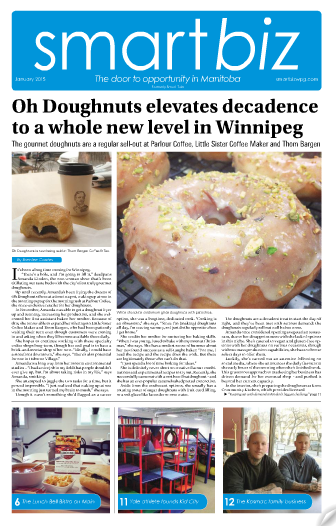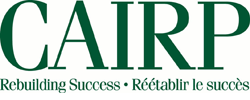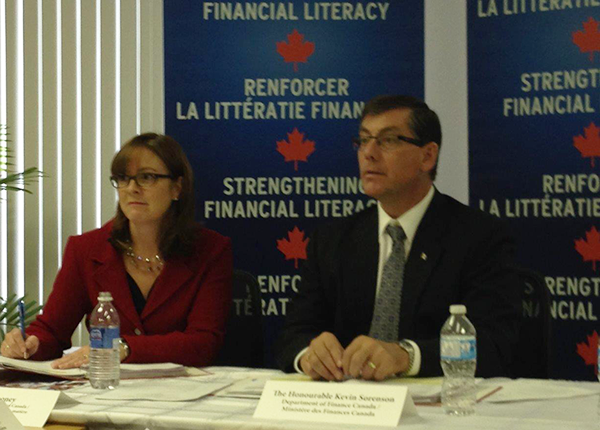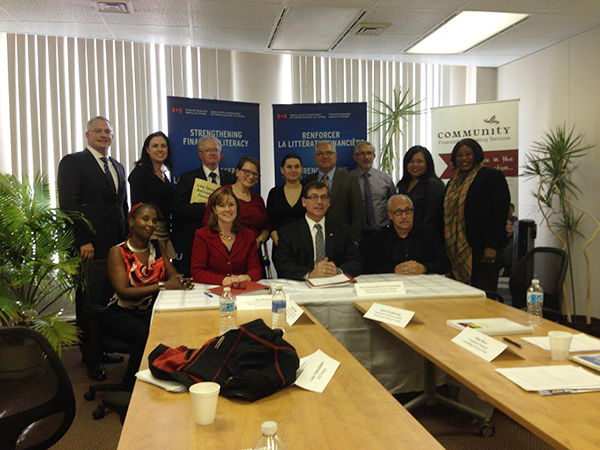 You need only to look at the recent demise of the penny, or see the “wave your card here” payment option at the supermarket to know that the way that we think of and use money is changing.
You need only to look at the recent demise of the penny, or see the “wave your card here” payment option at the supermarket to know that the way that we think of and use money is changing.
In ancient times, humans would barter objects or labour directly. A farmer might give his neighbour two chickens in exchange for a bag of flour, or might help build a fence and be rewarded with a sack of carrots.
At its core level, money is a substitute for human labour or resources, traded to someone in exchange for “payment”. This payment can then be used to obtain the things you need or want from a third party, not related to the first.
In the past we used gold and other precious metals to represent the value of our labour and goods, but switched to a system of currency consisting of minted coins and printed paper. In the 20th century, cheques and bank drafts simplified purchasing, and in the 1950s, credit cards were invented, to allow us to access money we hadn’t yet earned, in exchange for a “borrowing fee”.
Today, money exists in a number of forms. We still have “hard currency”, or cash, but its use is on the decline. The digital revolution has brought us more options. As more and more purchases are being made at a distance, instant transfer of money via credit cards and money transfer services have become part of the landscape.
At the end of the day, no matter how you spend your money, simple rules of budgeting must apply to keep your finances in balance. With so many ways to spend money that don’t involve any kind of currency, it’s easy to forget to budget. This is one of the ways that people wind up in financial trouble.
If you find your credit card and loan payments are making it hard to budget your money, contact Creditaid for a confidential assessment of your financial situation. We have tools that can help!










